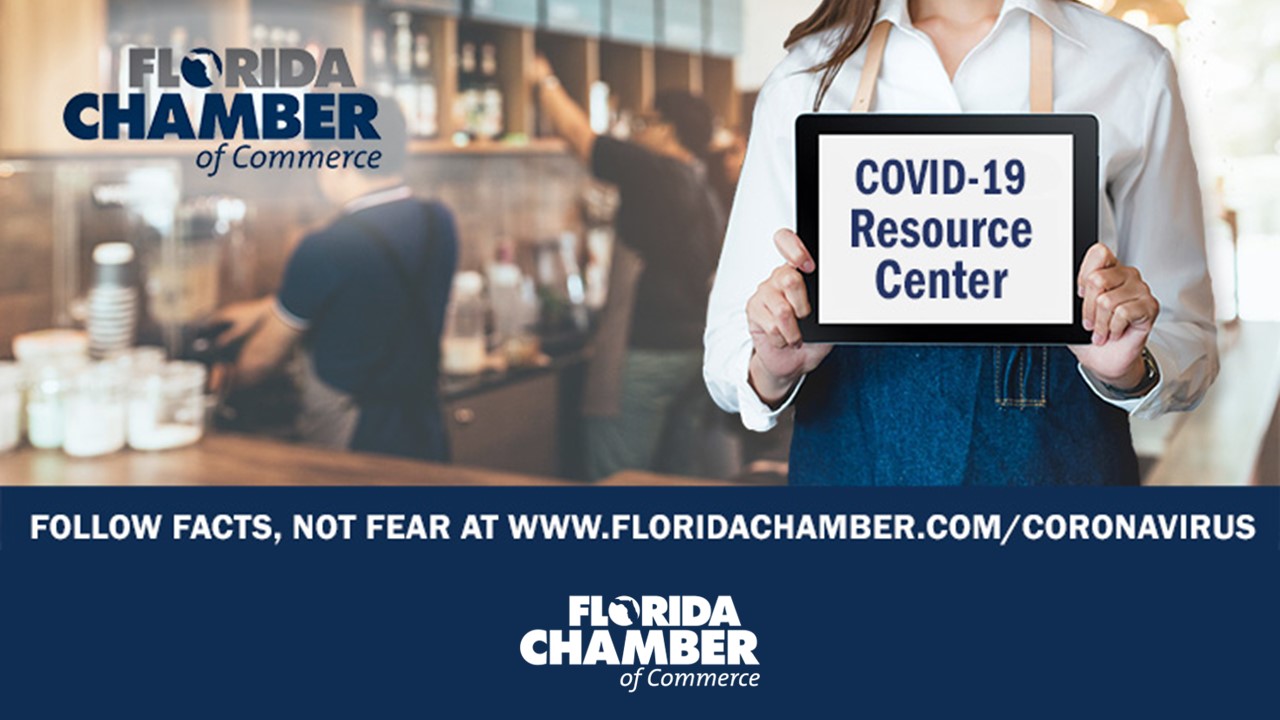TPP – What Happened in Maui?

When the Trade Ministers from the 12 nations negotiating the Trans-Pacific Partnership (TPP) met at the end of July in Maui, the expectations were high that a final TPP agreement would be reached. The U.S., armed with recently passed Trade Promotion Authority (TPA), was finally in a position to close the deal.
“Florida families and businesses are winners today with the decision by the U.S. House to support international trade efforts,” said Mark Wilson, President and CEO of the Florida Chamber of Commerce when the U.S. House of Representatives voted to pass TPA. “We commend the members of Florida’s Congressional Delegation for voting to support TPA, supporting pro-business legislation that will create high-wage jobs, boost trade and make Florida more globally competitive.”
But despite support, talks in Maui broke down.
Eight years in the making, the TPP is touted as a 21st century deal, consisting of the “gold standard” for policies in areas such as: pharmaceuticals, clean energy, and environmental standards. But it was hampered by the same issues that have been the linchpin in prior deals: agriculture, intellectual property rights and greater market access.
The Florida Chamber-backed TPP will help make Florida more globally competitive by providing Florida exporters and importers more opportunities to do business. The trade agreement seeks to lower trade barriers that stand in the way of competitive economies and to help enhance trade and investment.
While there were many advances accomplished in Maui, failure to come to a conclusion could mean that the next round of negotiations would push U.S. ratification right into a 2016 presidential election year and a tough political climate.
For Florida, a state that makes up 60 percent of the nation’s exporters, break downs in talks means businesses who are unable to successfully do trade with TPP countries, which include growing nations such as Chile and Peru.
Get Involved:
On September 9-10, the Florida Chamber of Commerce is hosting a legislative “Fly-In” in Washington, D.C. where we will meet with policymakers, agencies, and partners, such as the U.S. Chamber to provide perspective on how federal policies are impacting job creators in Florida. If you are a Florida Chamber board member and are interested in joining us, please contact Alice Ancona, Director of Global Outreach.. Your participation will provide an unparalleled opportunity to influence decision makers in Washington, D.C. and will be a key opportunity to ensure that the voice of business is heard.
